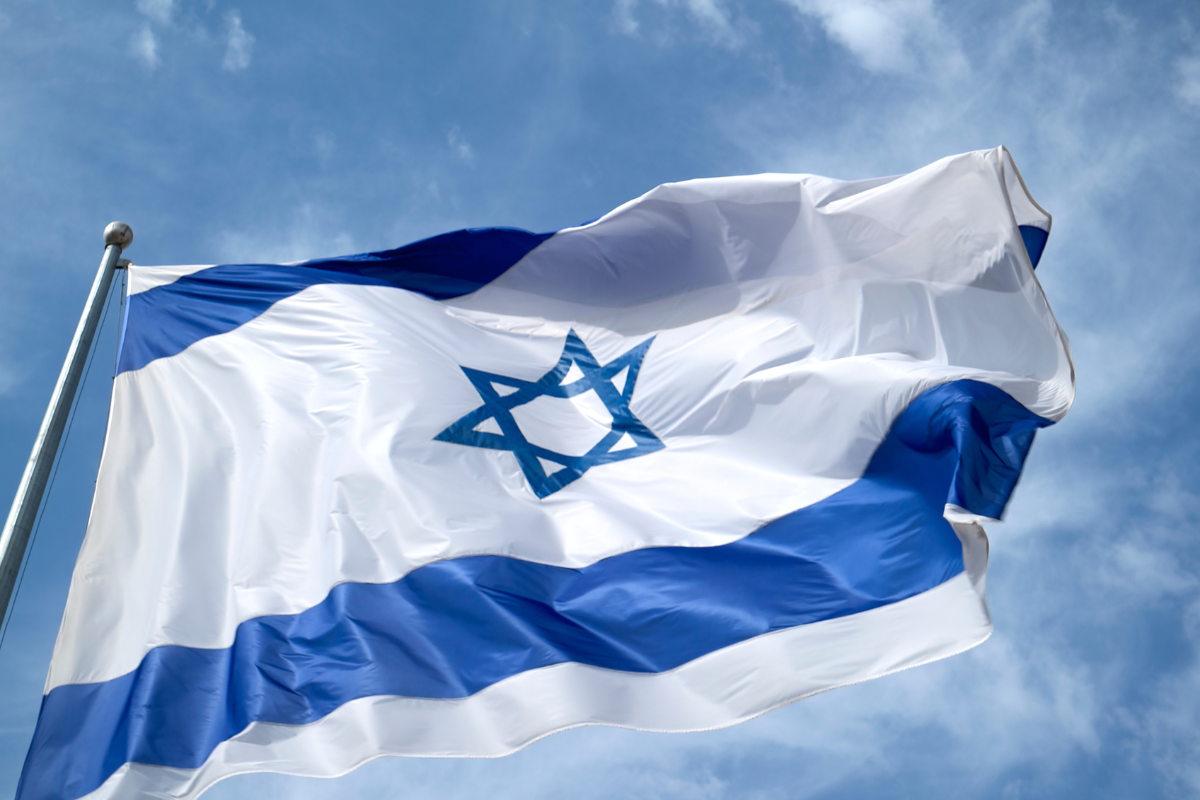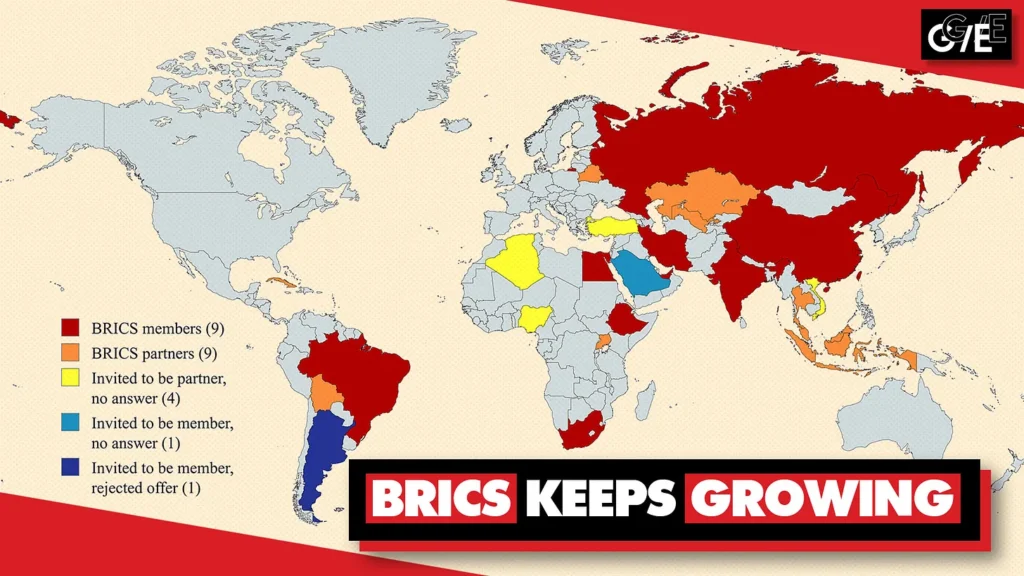JERUSALEM — Israel widened its military campaign on Thursday, launching airstrikes against Yemen’s Houthi rebels, marking a significant escalation in the ongoing conflict that has gripped the Middle East. The strikes follow Houthi drone and missile attacks on southern Israel. This adds a new, volatile front to an already fraught region.
The Israeli military confirmed the operation. It aimed to stop threats from Houthi-launched projectiles. The attacks came from Yemen, over 1,000 miles away.
This showed the Houthis’ growing ability to strike across the region. “We will continue to strike at those who attempt to harm our citizens, wherever they may be,” said an Israeli Defence Forces spokesperson.
A New Front in the Conflict
The strikes come amidst a broader conflict involving Israel and Hamas in Gaza, which began after the October 7 attacks by Hamas militants. The war has since drawn in regional actors, including Hezbollah in Lebanon and Iranian-backed militias in Syria. The Houthis’ entry has widened the conflict across the Red Sea. This raises fears of more instability in the Middle East.
Yemen’s Houthi rebels, aligned with Iran, support the Palestinians. They see their actions as a response to Israeli aggression.
The Houthis have claimed responsibility for multiple missile and drone strikes on Israel. One was intercepted by the US Navy in the Red Sea in late December.
The Israeli airstrikes reportedly hit Houthi military sites near the Yemeni capital, Sana’a, and in Hodeida, a port city. Local reports suggest major damage to infrastructure.
There is no confirmation of casualties. The Houthis have vowed retaliation, warning of “severe consequences” for what they termed an unjustified attack.
Regional and Global Reactions
The strikes have drawn mixed reactions from international actors. The U.S., a strong ally of Israel, supports its right to self-defense. But, it urged restraint to avoid further destabilizing the region. Iran condemned the strikes. It supports the Houthis. Iran accused Israel of trying to “ignite a regional war.””
The UN has also voiced concerns. Secretary-General António Guterres urged all parties to prioritise diplomacy over violence. “The expansion of the conflict risks devastating consequences not just for the region but for global security,” Guterres warned.
Humanitarian Implications
The escalation has compounded Yemen’s already dire humanitarian crisis. The country, mired in civil war since 2014, is home to one of the world’s worst humanitarian disasters. Aid agencies fear that more military action could worsen the suffering of millions of Yemenis facing famine, disease, and displacement.
For Israel, the opening of a new front presents significant strategic challenges. With its military focused on Gaza and the Lebanon border, a long conflict with the Houthis could stretch its resources and raise security fears at home.
Broader Implications
Analysts warn that the conflict may spark a wider regional war. It could draw in other actors, like Saudi Arabia and the UAE, who are invested in Yemen’s civil war. The Red Sea is vital for global trade and energy. It could become a flashpoint, affecting international markets.
As the situation unfolds, diplomatic efforts to de-escalate the conflict remain critical. However, with tensions running high and no signs of compromise from any side, the path to peace appears increasingly fraught.



